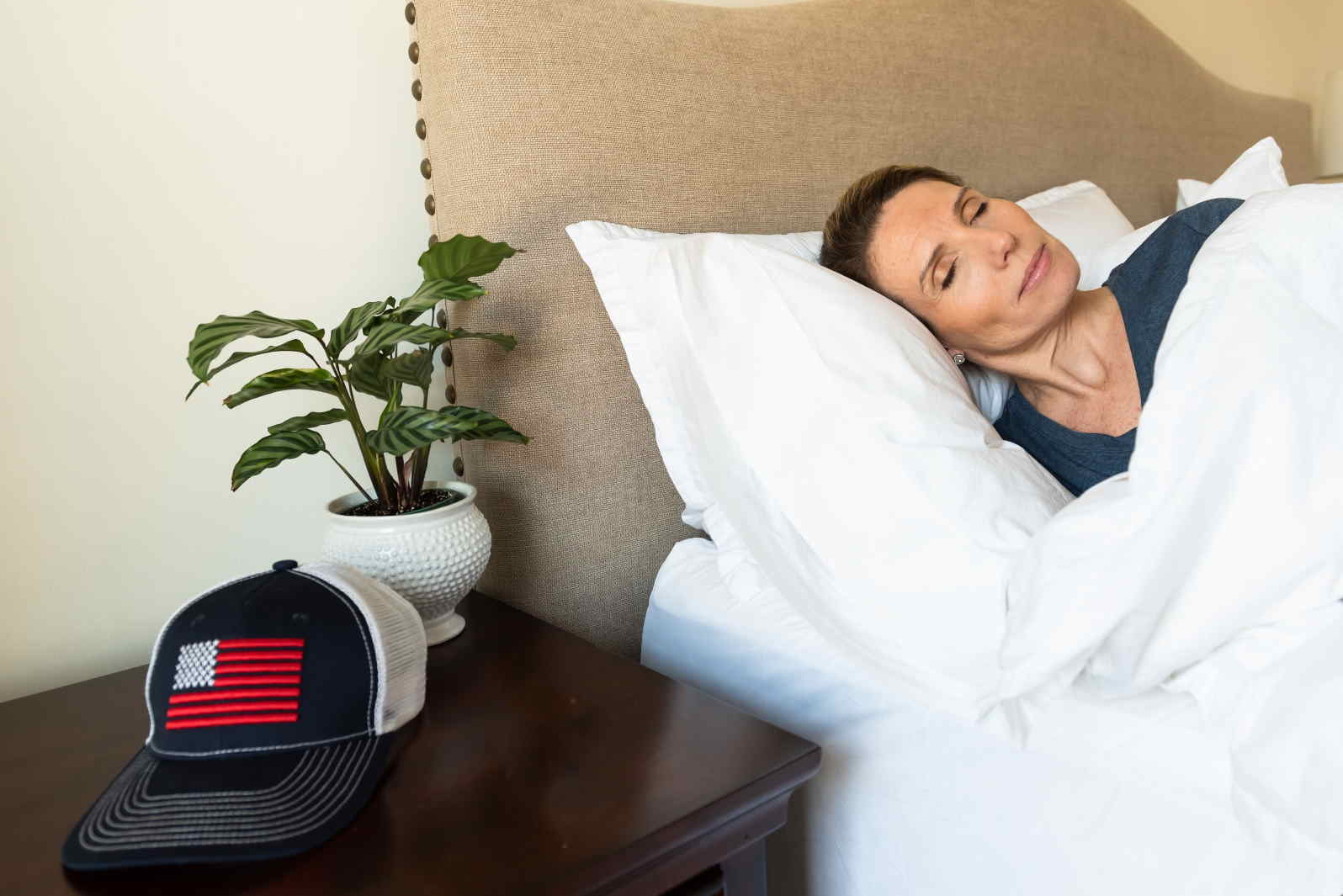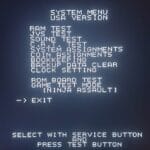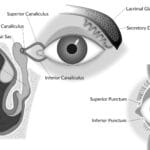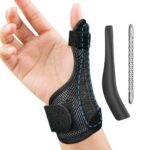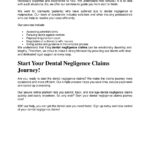Dealing with sleep apnea is tough enough. Figuring out the VA claims process can feel overwhelming. This guide is your roadmap to navigating the VA system and securing the benefits you deserve. We’ll break it down step by step, from proving your sleep apnea is service-connected to gathering the right medical information and understanding VA ratings. Even if your claim has been denied, we’ll cover appeals strategies. Let’s get started.
Securing Your Claim: A Step-by-Step Guide
Winning a VA claim for sleep apnea requires a strategic approach. This guide provides practical advice and insights to help you secure the benefits you’ve earned.
[https://www.lolaapp.com/] Establishing Service Connection: Linking Sleep Apnea to Your Service
The cornerstone of your claim is establishing service connection – proving a direct link between your sleep apnea and your military service. This can be achieved through:
- Direct Service Connection: If diagnosed with sleep apnea during service, your service medical records are key evidence. This direct link often simplifies the process.
- Secondary Service Connection: If your sleep apnea developed after service due to another service-connected condition (e.g., PTSD, back injury, burn pit exposure disrupting sleep), demonstrating this “domino effect” is essential. A nexus letter, which we’ll discuss later, is crucial here.
- Presumptive Service Connection: The VA may presume a connection if you served in specific locations or timeframes where environmental factors might have contributed. Researching these presumptive conditions is vital.
[https://www.lolaapp.com/] Building a Strong Case: The Power of Medical Evidence
Compelling medical evidence is the backbone of any successful claim.
- Sleep Study: A formal sleep study, either at a VA-approved sleep clinic or via a certified home sleep test, is essential. This provides objective data on your sleep patterns and breathing, confirming diagnosis and severity.
- CPAP Data: If you use a CPAP machine, consistent usage data is invaluable. It not only demonstrates active treatment but also provides evidence of the condition’s severity, potentially influencing your VA rating.
- Medical Records: Gather all relevant records – doctor’s notes, treatment plans, medication lists, anything related to your sleep apnea or related conditions. Comprehensive records strengthen your case.
- Symptom Journal: Keep a detailed journal documenting symptoms – daytime sleepiness, fatigue, difficulty concentrating, mood swings, and their impact on your daily life. This personal account adds a human element to your medical evidence.
[https://www.lolaapp.com/] The Nexus Letter: Connecting the Dots
A nexus letter is a statement from a medical professional explicitly linking your sleep apnea to your military service. Crucial for secondary service connection claims, it explains how your in-service condition contributed to your sleep apnea. A well-written nexus letter can significantly impact your claim’s success.
[https://www.lolaapp.com/] Understanding VA Ratings: Decoding the Numbers
The VA uses a rating system to determine benefit levels. These ratings directly affect compensation, so understanding them is essential. Explore our in-depth guide to VA sleep apnea ratings for a complete breakdown.
| Rating | Criteria |
|---|---|
| 0% | Diagnosed sleep apnea, but minimal symptoms not requiring treatment. |
| 30% | Regular use of a breathing assistance device (e.g., CPAP) is necessary. Note: Proposed changes may reduce this rating in the future. |
| 50% | Persistent daytime sleepiness significantly impacts daily life and ability to function. |
| 100% | Chronic respiratory failure related to sleep apnea, potentially requiring a tracheostomy. May also be granted for severe complications like cor pulmonale (heart failure). |
These are simplified examples. Actual criteria are nuanced, and individual circumstances will be carefully considered. Ongoing research suggests these ratings may evolve, so staying informed is crucial.
[https://www.lolaapp.com/] Secondary Conditions: Exploring Related Ailments
Sleep apnea often coexists with other health problems like hypertension, diabetes, heart disease, and mental health conditions. These secondary conditions, if service-connected, can increase your overall VA disability rating. Thoroughly document and include them in your claim.
[https://www.lolaapp.com/] Appealing a Denial: Persistence Pays Off
A denied claim isn’t the end. Many successful claims involve appeals. The process can be complex, so consider assistance from a Veterans Service Officer (VSO) or an accredited attorney. Gather additional evidence and clearly explain why the initial decision was incorrect. Persistence is often key.
Decoding the VA Sleep Apnea Claim Process: Addressing Common Concerns
Is it hard to get VA disability for sleep apnea?
Securing VA disability for sleep apnea can be challenging. It requires meticulous planning, documentation, and a firm grasp of the VA process. The most challenging aspect is often establishing service connection. Read our companion article, “Is it hard to get VA disability for sleep apnea?” [https://www.lolaapp.com/is-it-hard-to-get-va-disability-for-sleep-apnea] for a detailed exploration of this topic.
Proving the Connection: Your Service and Your Sleep Apnea
Thoroughly document any potential connections between your military service and sleep apnea. Exposure to burn pits, TBI, PTSD, or even the psychological stress of combat could contribute. Explore our comprehensive guide on proving sleep apnea to the VA.
How do I win my VA disability claim for sleep apnea?
Building a strong case involves gathering robust medical evidence – a recent sleep study, CPAP usage data, medical records, and a nexus letter from a qualified medical professional directly linking your sleep apnea to your service. Our guide on “how to win a sleep apnea VA claim” offers actionable strategies.
Delve into the innovative world of de Quervain syndrome medical devices and discover how these advancements are revolutionizing treatment and providing relief. While seemingly unrelated, exploring all available resources for veterans’ health is important.
This comprehensive guide provides a solid foundation for pursuing your VA sleep apnea claim. Remember, seeking professional guidance from a VSO or accredited attorney can be invaluable. While this information is meant to be helpful, it’s not a substitute for personalized legal advice. By understanding the process and building a strong case, you can increase your chances of receiving the benefits you deserve.
- China II Review: Delicious Food & Speedy Service - April 17, 2025
- Understand Virginia’s Flag: History & Debate - April 17, 2025
- Explore Long Island’s Map: Unique Regions & Insights - April 17, 2025
